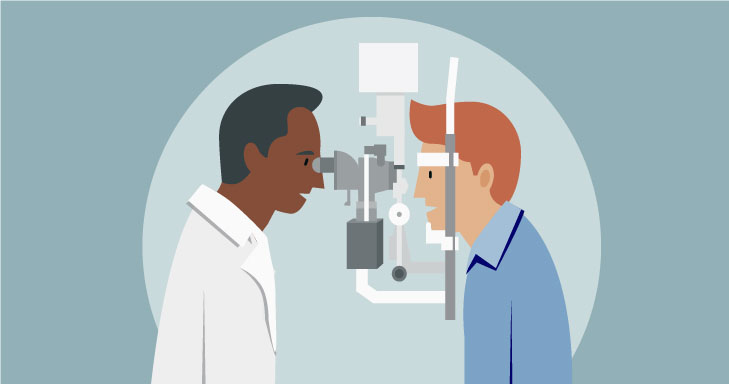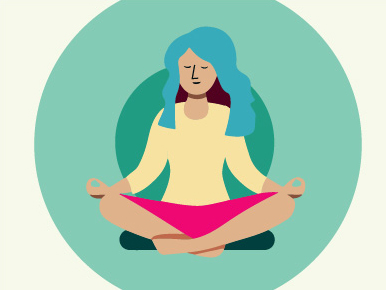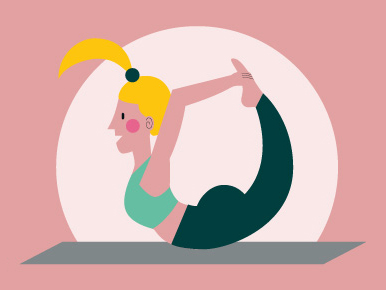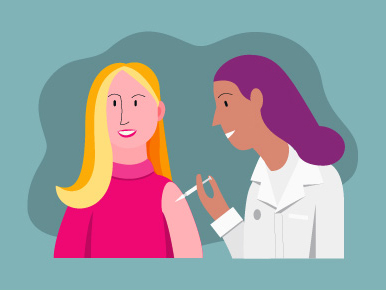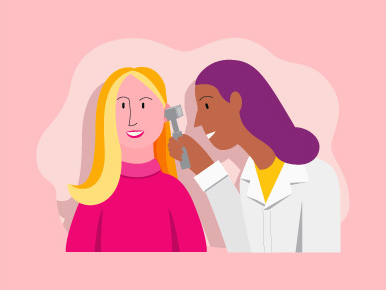As the saying goes, prevention is the best medicine. But as we know all too well, when life gets busy, it can be easy to overlook your own health.
So, we asked insurers about some essential checks that people need and why. If you have health insurance, or don't have it yet but are thinking about getting it, keep in mind that some of these tests may be covered by your policy or offered at a discount through affiliated providers.
Skin checks
Here in New Zealand, we love the sun, but we don't love what it does to our skin. According to Melanoma New Zealand, we have one of the highest incidence rates of melanoma in the world, with more than 4,000 people being diagnosed with it every year.
Early detection is key, and that's why regular checks are so important. So, how 'regular' should these be? Molemap.co.nz recommends doing a self-skin check every three months, a GP skin check every six months, and a full body skin check with a skin cancer detection expert every year.
Dental checks
Health insurer Southern Cross highlights that, by 32 years of age, Kiwis who regularly see a dentist report better oral health, less tooth decay, and fewer lost teeth.
Also, not many people know that poor oral care can lead to other serious health problems, like coronary artery disease, pneumonia, and diabetes. To maintain good oral health, the NZ Dental Association recommends visiting your dentist at least once a year.
Cervical and breast cancer screening
Each year, about 150 women are diagnosed with cervical cancer, according to the Ministry of Health. Routine cervical screening through GPs, family or community health centres is recommended for women over the age of 25, as it's the easiest way to detect and treat cervical cancer in its early stages. It's estimated that having regular tests can reduce a woman's risk of developing cervical cancer by 90 per cent.
Stats also show that breast cancer is the most common type of cancer for Kiwi women, affecting one in nine of them over their lifetime. So, mammograms are another key tool for female health. Eligible women aged 45-69 can get a free mammogram every two years, to help detect signs of breast cancer early on.
You can find more information about cervical and breast cancer on TimetoScreen.nz.
Blood pressure checks
As life insurer AIA points out here, it's a good idea to have your blood pressure tested regularly by a GP, as part of a standard consultation. This check can highlight signs of high pressure (also known as hypertension), which can be indicative of serious health issues and increase your risk of stroke, kidney failure, and heart attacks.
Blood tests
Simple blood tests detecting your cholesterol and blood sugar levels can be a powerful ally for your heart health.
High cholesterol can lead to an increased risk of heart attack and stroke, while your blood sugar levels can indicate pre-diabetes or diabetes. Closely linked with heart disease, diabetes can also affect your brain, eyes, feet, kidneys and nerves if untreated. For more information, visit Diabetes NZ.
Eye tests
When was the last time you checked your vision? Statistics cited by Southern Cross reveal that one in four Kiwis under 25 years of age, and two-thirds of those aged over 50, need vision correction.
Once again, early detection is key. Even if your vision feels perfect today, make sure you see an optometrist every two years. If you're over 60, have diabetes or suffer from a history of eye problems, you may need to check your vision yearly. And for people aged over 45, nib recommends getting a macular degeneration and glaucoma check.
Bowel cancer screening
Bowel cancer is a leading cause of cancer mortality in New Zealand, second only to lung cancer. If you have a family history of bowel cancer, your GP can tell if you need more regular screenings than the general population.
Otherwise, if you're aged between 60 and 74, you can take part in the free National Bowel Screening Programme, and every two years you'll receive a simple test that you can do at home. For more information, visit CancerSocietyNZ.
GP visits
How often should you see your doctor? It depends on your age and medical conditions, so it's best to ask your GP first. Generally speaking, if you're young and healthy, a check-up every two to three years is probably enough. Later in life, you may want to get checked more once a year.
Like to talk?
Health insurance can help you stay on top of your wellbeing, by giving you faster access to treatments and diagnostics.
If you're looking for health cover, our quote compare tool is a good place to start, but we're also real people and we're just a phone call away. Call us on 0800 800 400, start a Live Chat or fill in our contact form to get in touch with our team.
Disclaimer: Please note that the content provided in this article is intended as an overview and as general information only. While care is taken to ensure accuracy and reliability, the information provided is subject to continuous change and may not reflect current developments or address your situation. Before making any decisions based on the information provided in this article, please use your discretion and seek independent guidance.

